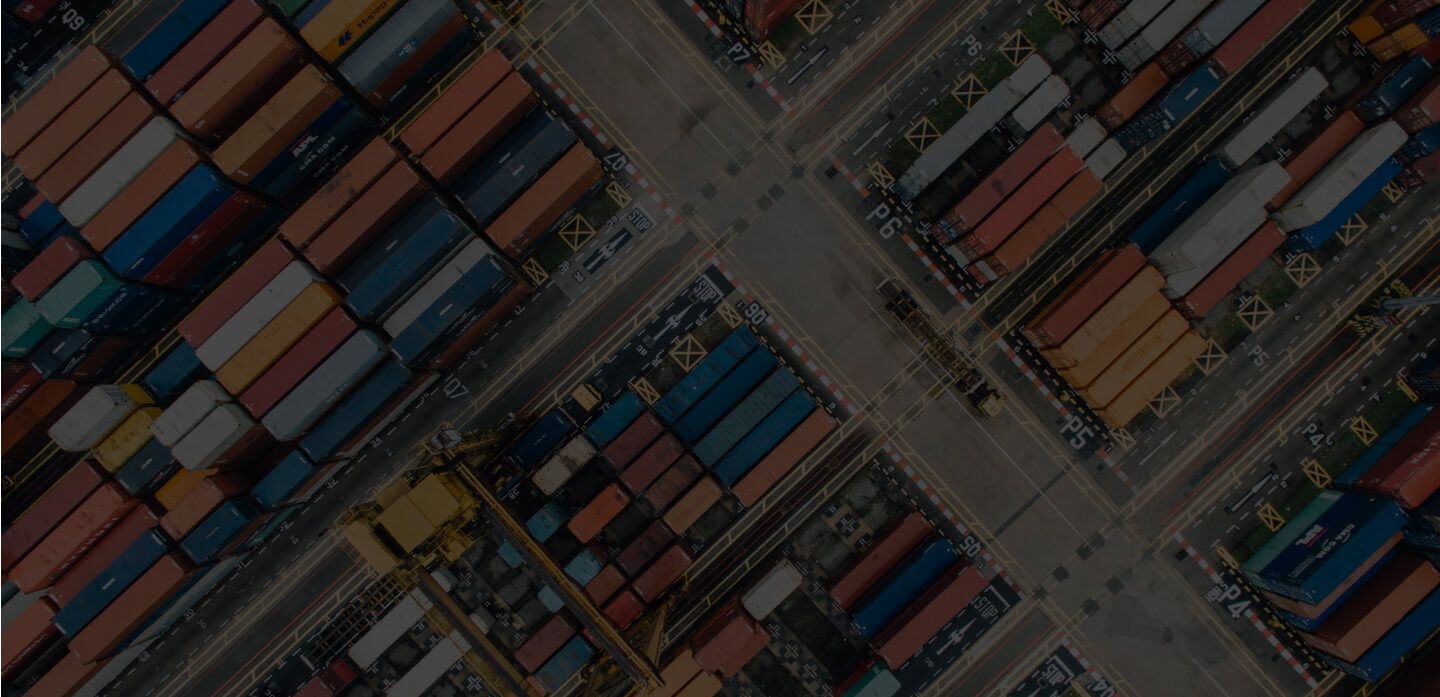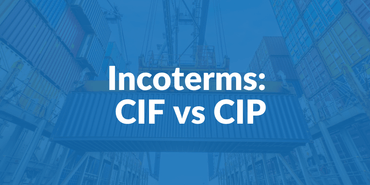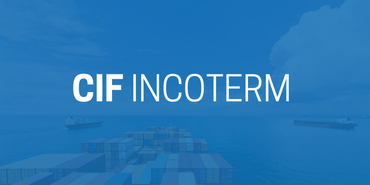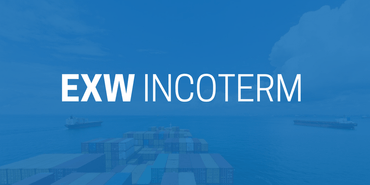
Definition of the FAS Incoterm (Free Alongside Ship)
Incoterms
Updated on 16 Oct 2025
2 min read
GET STARTED HERE
What do you need a quote for?

Importing/Exporting Commercial Cargo
For business shipping commercial cargo or for freight forwarders.

International Relocations/Movings
For individuals relocating to a new country or for relocation businesses.

Sending Parcels & Couriers
For businesses or individuals looking to ship small parcels or documents by air.
![]()
The FAS Incoterm is used exclusively for maritime or inland waterway transport. It means that the seller must deliver the goods alongside the ship at the agreed port of shipment.
Under Incoterms 2020, the seller assumes all costs and risks until the goods are placed alongside the vessel, but not on board.
The seller is also responsible for export clearance, a significant change from Incoterms 2000, where this responsibility was on the buyer.
Seller's Obligations (FAS)
- Prepare the goods: packaging, labeling, and inspection
- Transport and deliver the goods alongside the ship at the dock or terminal
- Handle export customs clearance and related costs
- Provide contractual documentation and notify the buyer of delivery
Buyer’s Obligations (FAS)
- Pay for the goods according to the contract
- Assume costs and risks once the goods are placed alongside the ship
- Arrange international ocean freight
- Cover departure port charges (if not paid by the seller)
- Handle import customs clearance, including duties, taxes, and VAT
- Organize inland transport to the final destination in the destination country
Insurance under FAS Terms
- Insurance is not mandatory for either party
- It is recommended that each party insure their part of the journey
- Alternatively, one party can arrange comprehensive insurance for the entire route
- In all cases, insurance terms should be clearly stated in the international sales contract
Why is FAS not suitable for containerized cargo?
- FAS requires goods to be physically delivered next to the vessel, not to a terminal or in a container
- In container shipping, containers are usually delivered to logistics terminals days before loading
- Therefore, FAS is intended for breakbulk, bulk, liquid, or heavy cargo that can be delivered directly to the dock
- For container shipments, the FCA Incoterm is more appropriate, as it allows for delivery at terminals or other pre-shipment points, and defines the risk transfer point more clearly
Sources and References
Sources and References
- ICC – International Chamber of Commerce: Incoterms 2020 Rules Official source for the Incoterms® 2020, explaining the rules, including FAS and its scope of application.
- International Trade Administration (U.S.): Know Your Incoterms A U.S. government guide describing each Incoterm, including FAS, and its role in international trade agreements.
- Trade Finance Global: Incoterms® 2020 Guide Comprehensive commercial guide that breaks down each Incoterm, including suitability for cargo types like containers and breakbulk.
- IncoDocs: Incoterms 2020 Explained – The Complete Guide Visual and practical guide explaining the purpose, use cases, and limitations of FAS and other Incoterms.
- ICC Academy: Incoterms® 2020 and Risk Management Educational article exploring how risk transfers under terms like FAS, and why containerized cargo may not align well with it.
Related Articles


